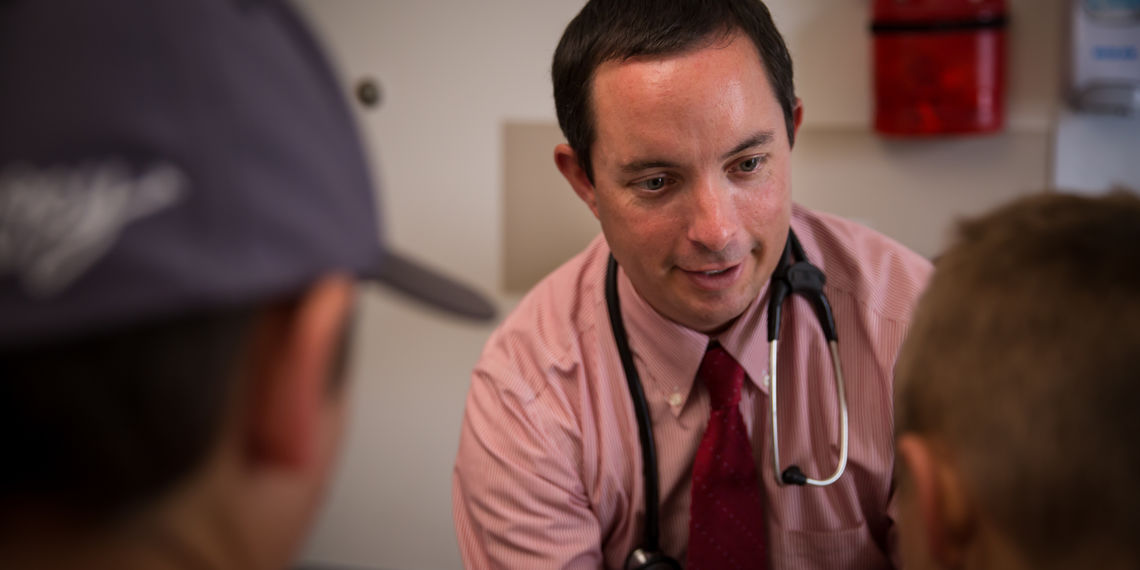elcome! Thank you for participating in Utah Advanced Communication Training (UACT). Prior to each class, please review the following materials. If you have any questions, please contact us at resiliencycenter@hsc.utah.edu.
For review prior to Class 1
Read article: "When Emotions Run High, Here's How to Respond" (3 minutes)
Watch video: "Responding to Emotion" (13 minutes)
Claire Ciarkowski, MD is an Assistant Professor at the University of Utah. As a hospitalist, she enjoys taking care of wide variety of patients in the acute care setting. She is Director of the Utah Advanced Communication Training (UACT) program. She is also the Medical Director for the medical acute care units at the University of Utah Hospital. She is passionate about improving both the provider and patient experience in the hospital and enjoys spending time teaching students and residents with the Internal Medicine program.
For review prior to Class 2
Read article: "SPIKES: A Strategy for Delivering Bad News" (3 minutes)
Watch video: "Delivering Bad News" (23 minutes)
Nathan A. Wanner, MD is a Professor within the Division of General Internal Medicine and the Department of Internal Medicine at the University of Utah Hospital. He is the Director of the University of Utah Hospital Medicine Section, the Associate Director of the University of Utah Supportive and Palliative Care Program, and the Inpatient Chief Value Officer for the Department of Internal Medicine. As a hospitalist, he enjoys taking care of hospitalized patients with a variety of acute medical problems. His specific clinical interests include palliative care, communication, and quality improvement.
Read article: "How to Disclose Medical Errors and Unanticipated Outcomes" (6 minutes)
Watch video: "Disclosing Error" (22 minutes)
Suzette Goucher, JD, RN, is Director of Risk Management for University of Utah Health. She graduated cum laude from Weber State University with a B.S.N. in Nursing and then with a J.D. from the University of Utah. She was previously a Shareholder at Strong & Hanni in Salt Lake City, UT, where she had over a decade of experience representing physicians, clinics, hospitals and other health care providers in various medical malpractice litigation matters. She became the Director of Risk Management in 2015.
For review prior to Class 3
Read article: Commit to Confronting Microaggressions (7 minutes) — though written for clinician educators, this article provides a nice overview of the three types of microaggressions and anti-racist growth zones.
Watch Video: Recognizing and De-escalating Conflict (26 minutes)
Victoria L. Wilkins, MD, MPH, is a pediatric hospitalist who specializes in provider-family communication, experience of care, and care for children with complex health care conditions. Fragile X Syndrome is a particular area of focus. She trains and coaches physicians, nurses and other health care providers in engaging in difficult conversations, conflict resolution, disclosure and resolution of adverse events, and shared decision making. She is the Medical Director of Experience of Care at Primary Children’s Hospital.
The crises of Covid-19 and police brutality have highlighted systemic racial inequity in the United States and the need to consciously dismantle the forces that cause racial health disparities. PA students Scarlett Reyes and Jocelyn Cortez brought together Black patients at the University of Utah to share their experiences. Their advice: build cultural competence and be mindful of microaggressions.
Health care is full of high emotion—especially right now. Thankfully, there’s a simple framework we can follow to de-escalate with compassion. Hospitalist and UACT co-director Claire Ciarkowski introduces NURSE: a simple mnemonic for responding with empathy.
Varsha Iyer is an inpatient child and adolescent psychiatrist at Utah’s University Neuropsychiatric Institute. Here she shares both individual and institutional advice on dealing with the chronic stress of racism and the acute stress of COVID-19 to lead the way for positive, enduring change.
